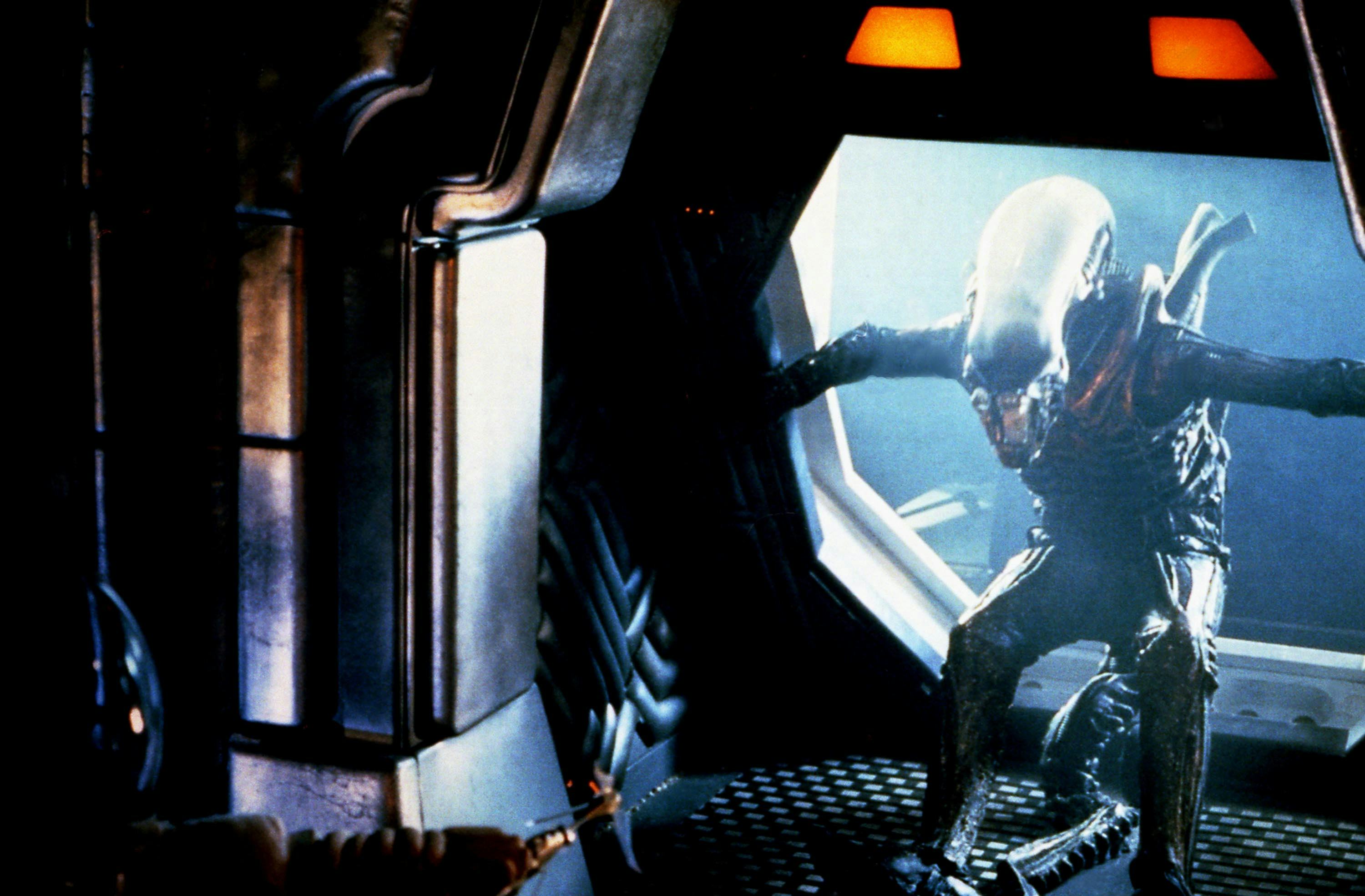
One of the hallmarks of the original 1979 Alien is that it turned a slasher into a science fiction film. Since then, the vast majority of the Alien franchise has kept the action out in space, in cramped starships, or distant worlds. With the exception of the non-canon Alien vs. Predator films, what makes Alien specific is that it’s not a story about alien invasion, per se, but instead about humans encountering a “perfect organism” capable of non-stop brutality out in the cosmos.
But now, 13 years after the prequel film Prometheus, the Alien franchise is presenting another prequel to the whole face-hugging mess, and this time, it’s completely flipping the script on how and where the action takes place. Here’s how the new TV series Alien: Earth is getting cozy with the classic Alien timeline, but also totally changing the direction of the franchise.
A brand-new, very brief, teaser trailer for Alien: Earth drives home one thing that will make this series unique in the mythos of the entire franchise — it’s not about space travel. Text on the screen in the new teaser says: “In 2120, Mother Earth is expecting.” This means that this show will take place roughly 100 years in our own future, and just two years before the events of the original Alien in 2122. This new context makes it seem like the events of this series could be more related to the original canon of the classic 1979 film than previously thought.
An earlier teaser made it clear that the creatures central to this show would be the result of “specimens from a faraway moon.” This seems to mean that the version of the eggs, facehuggers, chestbursters, and everything else in the lifecycle of the Xenomorph will derive from either Acheron (LV-426) from Alien and Aliens, or from LV-223 from Prometheus.
But most relevantly, there seems to be a very small chance that this series will actually show us those specific moons. Instead, by bringing the Xenomorphs to Earth (at a time that is roughly concurrent with the classic film), Alien: Earth is changing the entire texture of the franchise for the simple fact that it is showing us what the planet Earth is like during the time of Ripley. In an earlier interview, showrunner Noah Hawley said that the show focuses on human beings “trapped between its primordial parasitic past and its AI future.”
The alliance between AI and the Xenomorphs in the Alien franchise isn’t a formal one, but it is worth noting that the greatest twist in the first Alien isn’t about the titular creature at all, but about AI. The revelation that one of the crewmembers, Ash (Ian Holm), is secretly a robot — and has been assigned by another AI called “Mother” to obtain samples of the alien — is part of what elevates Alien out of being a simple horror film, and into a more complex story about the nature of savagery and evolution more broadly. Though their origins are different, the cold efficiency of the robots in Alien mirrors the efficiency of the Xenomorphs.
To put it another way, it seems possible that Alien: Earth could take some of the prescient concepts about AI and make slightly more interesting stories that resonate with contemporary fears. The fear of the chestbursting Xenomorph is visceral, though less realistic. But a fear of an algorithm that might want to seek out such a creature, and use it against us, well, that feels very close to home.







